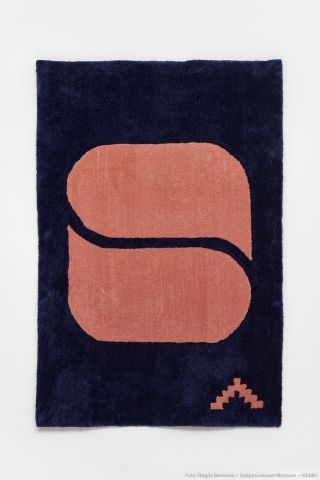‘museum history’
Zsófia Beke
Chief Museologist (Archive) She graduated from the programs in Art History and Italian Studies of the Faculty of Humanities at Eötvös Lóránd University (ELTE), and received her doctorate degree in 2005. Her dissertation focused on the spatial-theoretical synthesis of painting in the 1990s’ in Hungary. In 1995-1996, she was an art historian at the Hanság Museum of Mosonmagyaróvár, and between 1995 and 1998, she was a researcher at the Institute for Art History …
Dániel Véri
Art Historian He studied History of Art at ELTE (MA, 2009; PhD, 2016), and History at CEU (MA, 2010). He has been a researcher in the Research Department of KEMKI since 2021. He was previously the head of scientific affairs at the Ferenczy Museum Center in Szentendre (2017–2021) and worked at the Art Collection of the Hungarian Academy of Sciences (2014–2017). He was a participant in the ‘Hungarian Art of the …
Magdolna Gucsa
Art Historian Research fellow at the Central European Research Institute for Art History, working in avant-garde research. She holds an MA in art history from Eötvös Loránd University and a BA in international economics from Corvinus University of Budapest. She spent a semester at the University Paris-Nanterre. She completed her joint PhD in 2024 in the School for Advanced Studies in the Social Sciences (EHESS, Paris, art history) and Eötvös Loránd University (ELTE, …
GRÓF Ferenc – GYENES Zsófia: (Dis)organigram – Studio of Young Artists, 2022
… Nonetheless, the Studio’s exhibitions, and especially its annual shows held at the Ernst Museum, constituted important events on the contemporary scene. After the change in regime, in May 1990, the FKS became the Studio of Young Artists’ Association (Fiatal Képzőművészek Stúdiója Egyesület, FKSE) with its own exhibition space—Studio Gallery—in Képíró Street, and in 2007 Studio Gallery moved to Rottenbiller Street. For more on the history of FKS and FKSE, visit their website: …
GRÓF Ferenc – GYENES Zsófia: (Dis)organigram – Studio of Young Artist and Designers 2022
… silicate industry and silversmithing. Their first exhibition was held in 1984 at the Ernst Museum; their own exhibition space was opened at 16 Kálmán Imre Street. After the change of regime in 1990, the FIS became a public benefit association and changed its name to Studio of Young Designers Association (Fiatal Iparművészek Stúdiója Egyesület, FISE). For more on the history of FISE, visit their website: https://www.fise.hu/www/?language=en Logo designed by Judit DÁNOS




